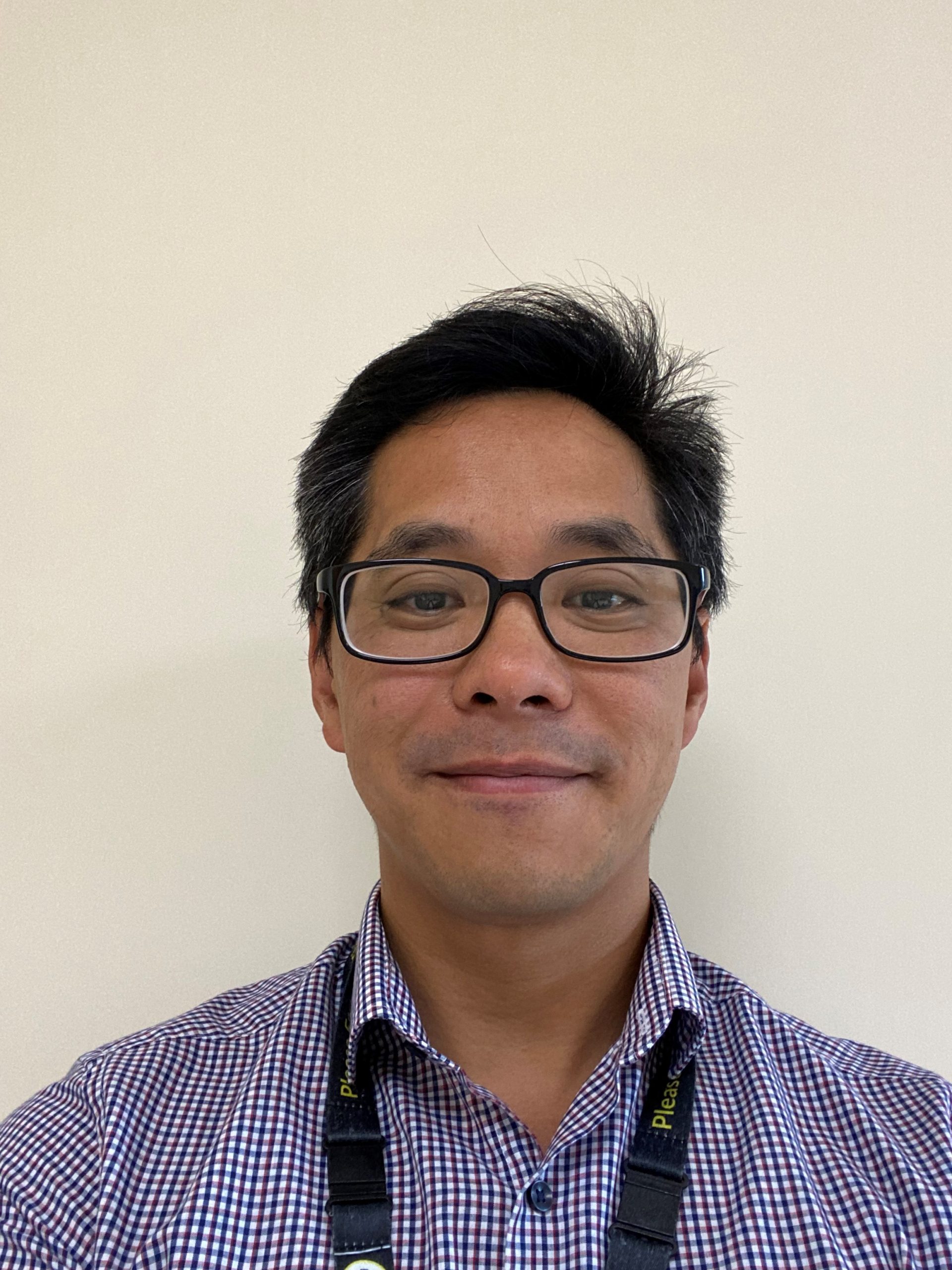Our People In CAMHS Services
5 Minutes With James Quah, Nursing

How does your day start?
My day begins by checking messages and emails. My appointments are mostly scheduled a week or so in advance meaning that on most days I will have a good idea of what it will entail. I try to have some time set aside for preparation for sessions with service users and this will involve reviewing case files to reacquaint myself with the stage of therapy I am at, and preparing the written materials I will use in session. I will often speak with other teams members who are involved in the care of young people on my caseload to make sure we are on the same wavelength. Coffee is mandatory.
Tell us about the team you work with.
I work across two sector teams within Donegal CAMHS. Both teams consist of highly skilled, experienced, and dedicated clinicians and clerical staff, consisting of Doctors, Nurses, Social Workers, Clinical Psychologists, a Dietitian, Social care workers, Speech and Language Therapists, Occupational therapists, and clerical staff. We have a mix of backgrounds and areas of special interest. We do have vacancies on our team and the team has seen tremendous changes over the years with an increase both in the number and complexity of presentations to our CAMHs service. I think we work really well under pressure as a team and are able to have challenging conversations in planning the best possible care for the young people we see.
What does your typical working day involve?
My background is nursing and my role on the team is to provide psychological interventions for young people with Eating Disorders mainly, but also work with other difficulties such as anxiety and mood problems. The day is usually spent seeing young people in our care, organising their care and communicating with those involved. Admin, team meetings and linking in with families, schools and other outside support agencies mean the day flies in.
Once or twice a week, each team member is “on call” this involves taking and responding to calls coming into CAMHS this may range from crisis calls to simple requests from information. We will also screen new referrals to the service before they are discussed the weekly team meeting.
What motivates you in your work?
My belief is that those working in CAMHS have not ended up there by accident. In my experience, those I work with are passionate and dedicated to their jobs and serving their community. They unfailingly do the best for the young people they see. This, as a well as seeing the progress possible, with the right support, in our young people, motivates me in what is undeniably challenging and rewarding work.
What do you enjoy most about your role?
Since joining the CAMHS team in 2022, I have had a steep learning curve having spent all of my career of 22 years in Adult Mental Health Services. I’ve enjoyed learning about the differences in approaches in working with children and adolescents compared with adults, and developing some confidence. Discharging a young person from CAMHS is always a wonderful moment, full of promise.
What advice would you give someone considering a career in CAMHS?
Be prepared for hard work which is sometimes emotionally challenging but massively rewarding. Embrace the feeling of not knowing at the start – everyone learns on the job. Find ways to leave work behind you in the evenings and weekends as you will be privileged to be involved in difficult and sometimes upsetting cases: whether you have children yourself, or if you don’t, mind yourself.